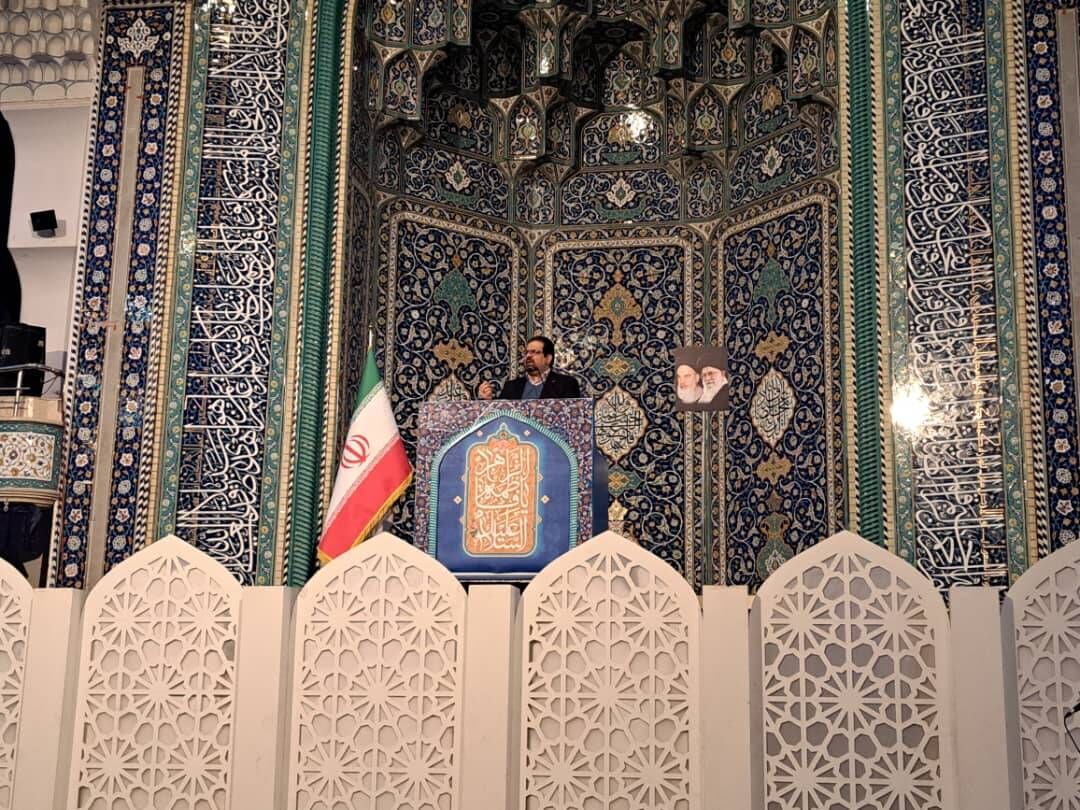Speaking on Friday, Saeid Tavakoli noted that Iran possesses huge gas reserves, formed over the past 250 million years, due to its unique geological structure as he stressed the need to protect these resources, Shana reported.
“Iran holds the world’s second-largest gas reserves but consumes gas at a rate 3.3 times the global average due to inefficient usage,” Tavakoli said.
Currently, Iran operates 20 natural gas processing plants, about 40,000 kilometers of high-pressure pipelines, 94 pressure-boosting stations, and 459,000 kilometers of urban gas networks, according to Tavakoli.
He added that 860 mcm of gas are currently injected into the national grid daily. During winter, around 80% of this supply is consumed by households, commercial establishments, and small industries due to higher seasonal demand.
“During the cold season, with significant temperature drops, the NIGC is working to adjust supply by shifting industrial users toward liquid fuels to stabilize the network,” he explained.
Tavakoli emphasized that curbing excessive consumption requires adhering to consumption patterns.
He pointed out that a comfortable room temperature is between 18 and 22 degrees Celsius, and wearing warmer clothing at home can help reduce gas use.
“Expert studies show that lowering household temperatures by just one degree Celsius reduces gas consumption by 6%,” the NIGC head stated.
Referring to a campaign launched by the president to reduce room temperatures by two degrees, Tavakoli said such an initiative could save 50 million cubic meters of gas adding that this amount is equivalent to the production of two phases of the South Pars Gas Field and meets the needs of three provinces.
He further noted that, based on statistics, residential, commercial, and small industrial gas consumption in northwestern Ardebil Province amounts to 11 million cubic meters daily.
Despite the growing demand, Tavakoli stressed that the NIGC’s efforts have ensured uninterrupted gas supply across the country, even in the most remote regions.
He referred to the critical role of public cooperation in gas conservation and said “Schools in remote areas that previously relied on wood, oil, and unsafe fuels have now been connected to the national gas network, thanks to the tireless efforts of NIGC staff.


Your Comment